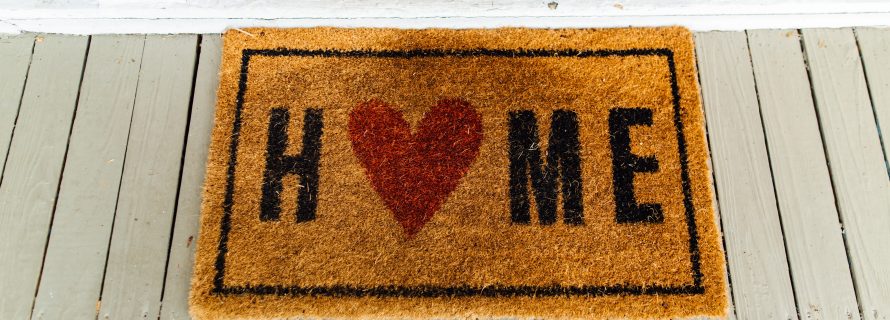What to Know Before Adding an Extension On to Your Home

Unless you built your home yourself, it is very difficult to find a true “dream home” on the market. No matter how smitten you are with a property, there will always be a few annoying aspects of the home that you wish you could change, as well as one or two missing features that you wish you had.
Therefore, it may be tempting to add an extension to your home to get exactly what you want. While this can be a very viable means of turning your existing space into the home of your dreams, there are a few points you should consider before breaking ground on the extension project.
Adding an Extension Gives You Creative Control
When adding on to your house, you have true power in getting exactly what you want. Whether it is a single-room addition to create a home office or a full two-story addition that doubles the existing square footage of your current home, an extension can be made just the way you want it.
No matter the size or scope of your addition, it is a good idea to consider insulated concrete forms (ICF) when choosing framing materials. Homes made out of concrete offer customizability of design to form a solid, one-piece connection with your current home, ensuring an airtight seal to prevent the air and moisture leaks that undermine extension projects that use less innovative framing materials.
Adding an Extension Will Cause an Increase in Utility Costs
Many homeowners are naturally excited about the additional square footage that comes with a home extension. However, the reality is that a bigger house is a more expensive house, as it will require more heat, air conditioning, light, and water to make that extra space functional for living.
In order to keep utility costs under control and make the extension as energy-efficient as possible, consider the following features:
- Use the aforementioned ICF for walls, which have elite thermal mass to help regulate interior temperature
- Install large windows to maximize the amount of natural light flowing to the extension
- Invest in a door test to ensure that air is not flowing into and out of the new space
- Choose low flow sink faucets and toilets to reduce water consumption
Adding an Extension Increases Resale Value Significantly
While there is no guarantee as to the amount–factors such as real estate market, quality of construction, and type of features added will all contribute to the value of the extension–home additions largely recoup costs through added resale value to the property.
In fact, for families needing more space, it is often more lucrative, in the event of a resale, to add square footage to their existing home than to purchase a bigger home, as the extension can capture the latest trends in home design that are appealing to buyers.
Adding an Extension Requires More Work
Not only will your HVAC system have to work harder to make your extension livable, but you will have to work harder as well, with the extension requiring extra attention for cleaning, maintenance, and repairs.
Therefore, when constructing your home addition, consider options that will help keep these responsibilities in check. Some ideas include:
- Durable, non porous countertops, such as quartz or solid surface, that do not stain or require sealing treatments
- Steel siding in place of less durable options that require frequent painting and/or replacement
- Polished concrete floors to eliminate vacuuming carpeted spaces
Conclusion
There are many benefits to adding an extension on to your home. Not only do you get more functional living space that matches your vision, but you will likely see significant increases in your property value. However, it is not all roses when adding more space to your home, as the increased utility costs and upkeep requirements can be more than some homeowners bargained for. As such, all of these relevant considerations should be balanced before starting a home extension project.
About The Author: Matt Lee is the owner of the Innovative Building Materials blog and a content writer for the building materials industry. He is focused on helping fellow homeowners, contractors, and architects discover materials and methods of construction that save money, improve energy efficiency, and increase property value.
Photo by Kelly Lacy from Pexels
- Additions and New Construction
- All Exteriors
- Alterations
- Basements
- Bathrooms
- Customer Service
- Customer Stories
- Decks
- Design & Planning Show
- DIY
- Doors
- Educational Resources
- Extreme Makeover Home Edition
- Fashion Show
- General Remodeling
- Green Living
- Handyman Home Services
- Home Decor
- Home Entertainment
- Home Improvement
- Home Improvements
- How to Tips
- In The Community
- Kitchens
- Off-the-Wall Remodeling Stories
- Remodeling
- Resources
- Roofing
- Siding
- Social Media
- Sunrooms
- Tips & Tricks
- Trends
- Windows

